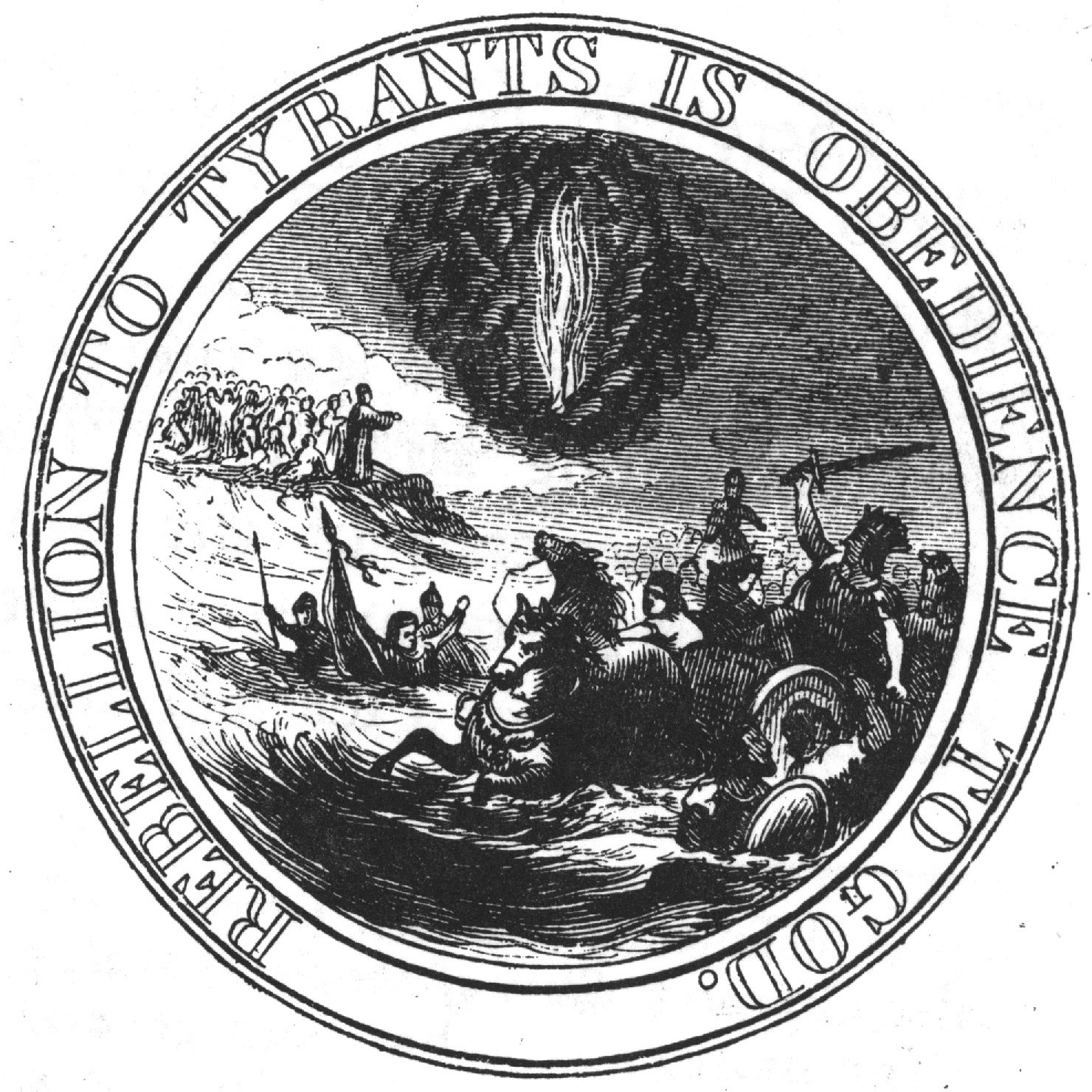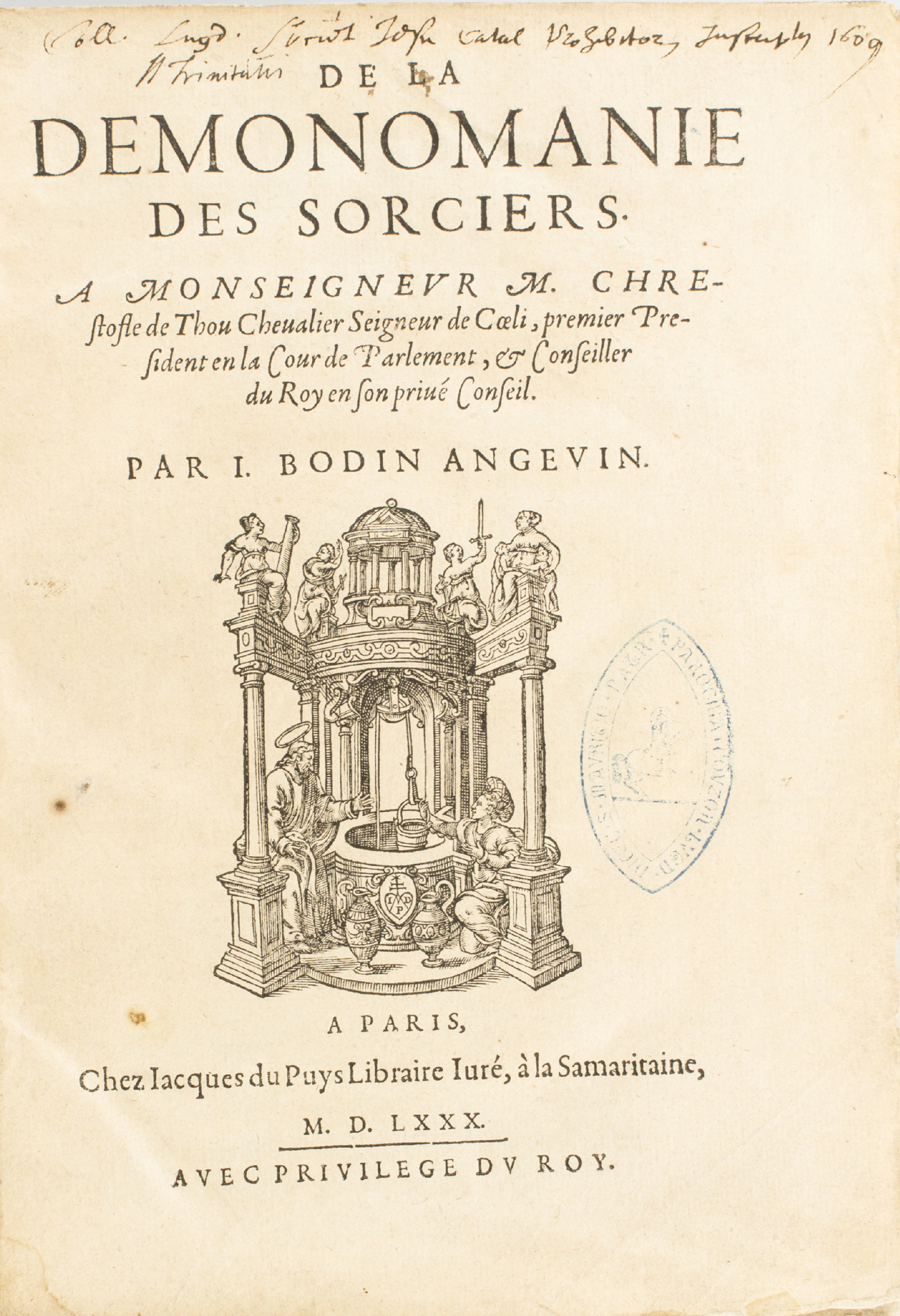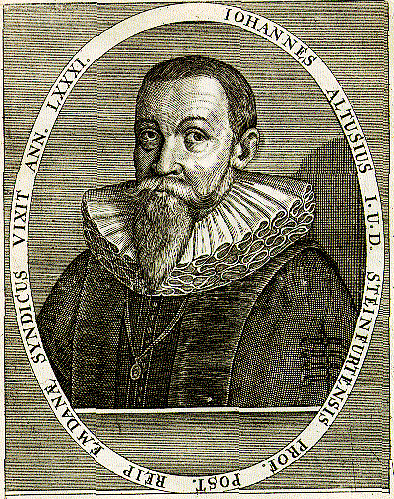|
Monarchomachs
The Monarchomachs (french: Monarchomaques) were originally French Huguenot theorists who opposed monarchy at the end of the 16th century, known in particular for having theoretically justified tyrannicide. The term was originally a pejorative word coined in 1600 by the Scottish royalist and Catholic William Barclay (1548–1608) from the Greek μόναρχος (''monarchos'' "monarch, sole ruler") and μάχομαι ("makhomai" the verb meaning "to fight"), meaning "those who fight against monarchs" or " anti-monarchists". Born out of the French Wars of Religion, they were most active between 1573, a year after the St. Bartholomew's Day massacre, and 1584. The Monarchomachs pleaded in favour of a form of "popular sovereignty". Arguing for a sort of contract between the sovereign and the people, they have been considered as the precursors of social contract theories. [...More Info...] [...Related Items...] OR: [Wikipedia] [Google] [Baidu] |
Juan De Mariana
Juan de Mariana, , also known as Father Mariana (25 September 1536 – 17 February 1624), was a Spanish Jesuit priest, Scholastic, historian, and member of the Monarchomachs. Life Juan de Mariana was born in Talavera, Kingdom of Toledo. He studied at the Complutense University of Alcalá de Henares and was admitted at the age of 17 into the Society of Jesus. In 1561, he went to teach theology in Rome, reckoning among his pupils Robert Bellarmine, afterwards cardinal; then passed into Sicily; and in 1569 he was sent to Paris, where his expositions of the writings of Thomas Aquinas attracted large audiences. In 1574, owing to ill health, he obtained permission to return to Spain; the rest of his life being passed at the Jesuits' house in Toledo in vigorous literary activity. He died in Madrid. Works Mariana's great work, ''Historiae de rebus Hispaniae'', first appeared in twenty books at Toledo in 1592; ten books were subsequently added (1605), bringing the work down to the acc ... [...More Info...] [...Related Items...] OR: [Wikipedia] [Google] [Baidu] |
Philippe De Mornay
Philippe de Mornay (5 November 1549 – 11 November 1623), seigneur du Plessis Marly, usually known as Du-Plessis-Mornay or Mornay Du Plessis, was a French Protestant writer and member of the anti-monarchist '' Monarchomaques''. Biography He was born in Buhy, now situated in Val-d'Oise. His mother had leanings toward Protestantism, but his father tried to counteract her influence by sending him to the of the University of Paris. On his father's death in 1559, however, the family formally adopted the reformed faith. Mornay studied law and jurisprudence at the University of Heidelberg in 1565 and the following year Hebrew and German at the University of Padua. During the French Wars of Religion in 1567, he joined the army of Louis I de Bourbon, prince de Condé, but a fall from his horse prevented him from taking an active part in the campaign. His career as Huguenot apologist began in 1571 with the work ''Dissertation sur l'Église visible'', and, as a diplomat in 1572, he un ... [...More Info...] [...Related Items...] OR: [Wikipedia] [Google] [Baidu] |
Théodore De Bèze
Theodore Beza ( la, Theodorus Beza; french: Théodore de Bèze or ''de Besze''; June 24, 1519 – October 13, 1605) was a French Calvinist Protestant theologian, reformer and scholar who played an important role in the Protestant Reformation. He was a disciple of John Calvin and lived most of his life in Geneva. Beza succeeded Calvin as a spiritual leader of the Republic of Geneva, which was originally founded by John Calvin himself. Biography Early life Theodore Beza was born at Vézelay, in Burgundy, France. His father, Pierre de Beze, royal governor of Vézelay, descended from a Burgundian family of distinction; his mother, Marie Bourdelot, was known for her generosity. Beza's father had two brothers; Nicholas, who was member of Parliament at Paris; and Claude, who was abbot of the Cistercian monastery of Froimont in the diocese of Beauvais. Nicholas, who was unmarried, during a visit to Vézelay was so pleased with Theodore that, with the permission of his parents, he ... [...More Info...] [...Related Items...] OR: [Wikipedia] [Google] [Baidu] |
French Wars Of Religion
The French Wars of Religion is the term which is used in reference to a period of civil war between French Catholic Church, Catholics and Protestantism, Protestants, commonly called Huguenots, which lasted from 1562 to 1598. According to estimates, between two and four million people died from violence, famine or diseases which were directly caused by the conflict; additionally, the conflict severely damaged the power of the French monarchy. The fighting ended in 1598 when Henry of Navarre, who had converted to Catholicism in 1593, was proclaimed Henry IV of France and issued the Edict of Nantes, which granted substantial rights and freedoms to the Huguenots. However, the Catholics continued to have a hostile opinion of Protestants in general and they also continued to have a hostile opinion of him as a person, and his assassination in 1610 triggered a fresh round of Huguenot rebellions in the 1620s. Tensions between the two religions had been building since the 1530s, exacerba ... [...More Info...] [...Related Items...] OR: [Wikipedia] [Google] [Baidu] |
George Buchanan
George Buchanan ( gd, Seòras Bochanan; February 1506 – 28 September 1582) was a Scottish historian and humanist scholar. According to historian Keith Brown, Buchanan was "the most profound intellectual sixteenth century Scotland produced." His ideology of resistance to royal usurpation gained widespread acceptance during the Scottish Reformation. Brown says the ease with which King James VII was deposed in 1689 shows the power of Buchananite ideas. His treatise ''De Jure Regni apud Scotos'', published in 1579. discussed the doctrine that the source of all political power is the people, and that the king is bound by those conditions under which the supreme power was first committed to his hands, and that it is lawful to resist, even to punish, tyrants. The importance of Buchanan's writings is shown by the suppression of his work by James VI and the British legislature in the century following their publication. It was condemned by act of parliament in 1584, and burned by ... [...More Info...] [...Related Items...] OR: [Wikipedia] [Google] [Baidu] |
Nicolas Barnaud
Nicolas Barnaud (1538–1604) was a French Protestant writer, physician and alchemist, from Crest, in Dauphiné, from which he took the name Delphinas (or Delphinus). He was a member of the Monarchomaques. He is associated with a number of mysteries. His 1597 collection ''Commentariolum in Aenigmaticum quoddam Epitaphium'', on the Aelia Laelia Crispis puzzle inscription, included the alchemical Mass of Nicholas Melchior, still of disputed authorship. The 1599 ''Triga chemica: de lapide philosophico tractatus tres'' was the first publication of the ''Book of Lambspring'', by the unknown Abraham Lambspring. Other works are the collection ''Quadriga aurifera'' of 1599, and ''De Occulta philosophia'' (1601). Barnaud traveled widely around the turn of the seventeenth century. This has led to suggestions that he was setting up some sort of hermetic network, on the fabled lines of the Rosicrucians. He is supposed to have lodged with Tadeáš Hájek, during a stay in Prague in the 158 ... [...More Info...] [...Related Items...] OR: [Wikipedia] [Google] [Baidu] |
François Hotman
François Hotman (23 August 1524 – 12 February 1590) was a French Protestant lawyer and writer, associated with the legal humanists and with the monarchomaques, who struggled against absolute monarchy. His first name is often written 'Francis' in English. His surname is Latinized by himself as Hotomanus, by others as Hotomannus and Hottomannus. He has been called "one of the first modern revolutionaries".Kelley, donald R. ''François Hotman. A revolutionary's ordeal'' (1973), cited in Billington, James H. (1980) ''Fire in the Minds of Men'', Basic Books (New York), p. 18, Biography He was born in Paris, the eldest son of Pierre Hotman (1485–1554), Seigneur de Villers-St-Paul, jure uxoris and Paule de Marle, heiress of the Seigneurie de Vaugien and Villers-St-Paul. His grandfather Lambert Hotman, a Silesian burgher, emigrating from Emmerich, (in the Duchy of Cleves), had left his native country to go to France with Engelbert, Count of Nevers. His father Pierre was a ... [...More Info...] [...Related Items...] OR: [Wikipedia] [Google] [Baidu] |
Social Contract
In moral and political philosophy Political philosophy or political theory is the philosophical study of government, addressing questions about the nature, scope, and legitimacy of public agents and institutions and the relationships between them. Its topics include politics, ..., the social contract is a theory or model that originated during the Age of Enlightenment and usually, although not always, concerns the Legitimacy (political), legitimacy of the authority of the State (polity), state over the individual. Social contract arguments typically are that individuals have consent of the governed, consented, either explicitly or tacit consent, tacitly, to surrender some of their freedoms and submit to the authority (of the ruler, or to the decision of a majority) in exchange for protection of their remaining rights or maintenance of the social order. The relation between natural and legal rights is often a topic of social contract theory. The term takes its name from ' ... [...More Info...] [...Related Items...] OR: [Wikipedia] [Google] [Baidu] |
Tyrannicide
Tyrannicide is the killing or assassination of a tyrant or unjust ruler, purportedly for the common good, and usually by one of the tyrant's subjects. Tyrannicide was legally permitted and encouraged in the Classical period. Often, the term tyrant was a justification for political murders by their rivals, but in some exceptional cases students of Platonic philosophy risked their lives against tyrants. The killing of Clearchus of Heraclea by a cohort led by his own court philosopher is considered a sincere tyrannicide. The killers are also called "tyrannicides". The term originally denoted the action of Harmodius and Aristogeiton, who are often called the Tyrannicides, in killing Hipparchus of Athens in 514 BC. Political theory Tyrannicide can also be a political theory and, as an allegedly justified form of the crime of murder, a dilemmatic case in the philosophy of law, and as such dates from antiquity. Support for tyrannicide can be found in Plutarch's ''Lives'', Cicero's ' ... [...More Info...] [...Related Items...] OR: [Wikipedia] [Google] [Baidu] |
Jean Bodin
Jean Bodin (; c. 1530 – 1596) was a French jurist and political philosopher, member of the Parlement of Paris and professor of law in Toulouse. He is known for his theory of sovereignty. He was also an influential writer on demonology. Bodin lived during the aftermath of the Protestant Reformation and wrote against the background of religious conflict in France. He seemed to be a nominal Catholic throughout his life but was critical of papal authority over governments and there was evidence he may have converted to Protestantism during his time in Geneva. He favoured the strong central control of a national monarchy as an antidote to factional strife. Towards the end of his life he wrote a dialogue among different religions, including representatives of Judaism, Islam and natural theology in which all agreed to coexist in concord, but was not published. Life Bodin was successively a friar, academic, professional lawyer, and political adviser. An excursion as a politician having ... [...More Info...] [...Related Items...] OR: [Wikipedia] [Google] [Baidu] |
Johannes Althusius
Johannes Althusius (1563 – August 12, 1638). was a German jurist and Calvinist political philosopher. He is best known for his 1603 work, ''"Politica Methodice Digesta, Atque Exemplis Sacris et Profanis Illustrata"''. revised editions were published in 1610 and 1614. The ideas expressed therein relate to the early development of federalism in the 16th and 17th centuries and the construction of subsidiarity. Biography Althusius was born in 1563, to a family of modest means in Diedenshausen, County Sayn-Wittgenstein ( Siegen-Wittgenstein), a Calvinist County in what is now the state of North Rhine Westphalia (but was then the seat of an independent ''Grafschaft'' or County). Under the patronage of a local count, he attended the Gymnasium Philippinum in Marburg from 1577 and began his studies in 1581, concentrating in law and philosophy. He first studied Aristotle in Cologne, then studied law around 1585/86 under Denis Godefroy at Basel.Johannes Althusius, On Law and Power'. CLP ... [...More Info...] [...Related Items...] OR: [Wikipedia] [Google] [Baidu] |
Libel (poetry)
Libel is a verse genre primarily of the Renaissance, descended from the tradition of invective in classical Greek and Roman poetry. Libel is usually expressly political, and balder and coarser than satire. Libels were generally not published but circulated among friends and political partisans in manuscript. Classical roots In ancient Greece, invective verse generally existed in the form of epigrams written, almost always anonymously, against public figures. In Latin, the genre grew in prestige and boldness, as major authors including Juvenal and Catullus wrote extended invectives without the cushion of anonymity. One of Catullus's fiercer examples, expunged from most post-classical collections of his work until the 20th century, is Catullus 16, written against two critics: Cicero's ''In Pisonem'', a hyperbolic attack on Lucius Calpurnius Piso Caesoninus, is one of the best-known political examples. Renaissance English examples In 17th-century manuscript culture, in which v ... [...More Info...] [...Related Items...] OR: [Wikipedia] [Google] [Baidu] |





